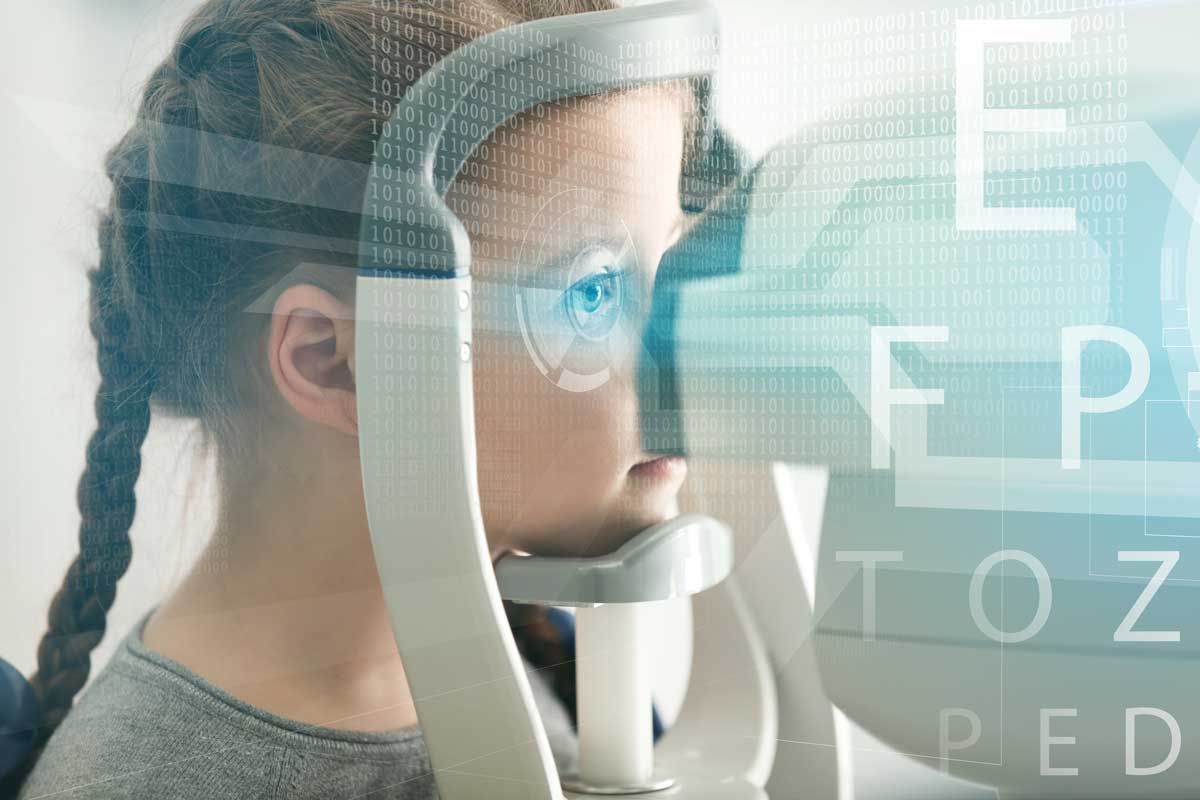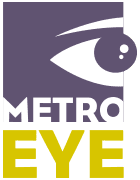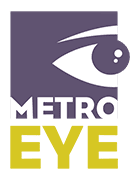
Last month Dr. Amy introduced the growing issue of a Myopia Epidemic. This month, I would like to talk about what can be proactively done to prevent your child from becoming more myopic.
Myopia, also known as nearsightedness, is a common refractive error that affects many people, especially children and young adults. Myopia occurs when the eyeball is too long or the cornea is too curved, causing light to focus in front of the retina instead of directly on it. This leads to blurred distance vision and difficulties in seeing faraway objects.
There are several ways to prevent or slow down the progression of myopia known as Myopia Management.
Myopia Management involves a range of strategies aimed at slowing down the progression of myopia in children and young adults, with the ultimate goal of reducing the risk of associated vision threatening eye diseases such as retinal detachment, glaucoma, and myopic maculopathy later in life.
There are several research proven treatments that can help prevent myopia progression and reduce the risk of developing high myopia.
- Orthokeratology (Ortho-K): This is a non-surgical treatment that involves wearing specialized contact lenses while sleeping. The lenses reshape the cornea to correct the refractive error and reduce the progression of myopia.
- Dual focus or multifocal contact lenses: These daytime contact lenses have different zones that provide clear vision while also having zones that send signals to prevent eye growth.
- Atropine eye drops: These drops have many uses in eyecare; in clinic for dilation effect, prescribed treatment for amblyopia, prescribed to control eye pain due to inflammation, but also prescribed in low concentrations for myopia management. When used in low doses, it has been shown to slow the progression of myopia in children by reducing ability for the eye to elongate/grow.
- Multifocal eyeglasses: These lenses have different zones for different distances, which slows the progression of myopia by reducing eye strain.
- Behavioral changes: Encouraging children to spend more time outdoors, reduce screen time, and maintain a healthy diet and lifestyle also helps prevent myopia progression.
While myopia is a common refractive error, proactive management is crucial to minimize its impact on your child’s vision and overall eye health. The treatment options mentioned in this post offer a range of solutions to correct myopia and slow down its progression. Early intervention and consistent management play a vital role in maintaining good eye health and preventing complications associated with myopia.
I welcome the opportunity to examine your child in order to determine the most suitable treatment approach based on their needs and circumstances. Please call the office to schedule a Myopia Management Evaluation or send an email requesting more information to [email protected]. During the Myopia Management Evaluation, I will focus on your child’s visual needs and risks associated with myopia progression to create a program that works with your family to give your child the best visual future.
Written by:
Dr. Amanda Kopczyk
Optometrist, Myopia Management Physician

